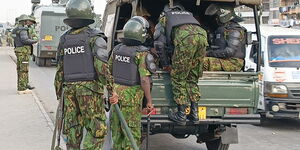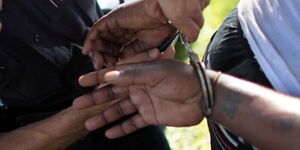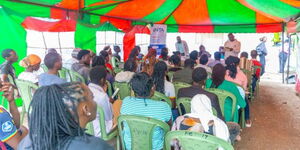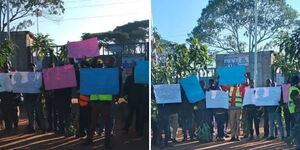Dr. Caroline Kipkoech, a scientist at the Jomo Kenyatta University of Agriculture and Technology is encouraging Kenyans to rear the black soldier fly.
She states that the fly is good in waste destruction, especially kitchen waste and organic waste which accounts for most of the waste and odor within a community.
The Black Soldier Fly has a wasp-like appearance and is attracted to kitchen waste that is vegetable scraps, rotten potatoes, fruit scraps or other decaying compost.
The insect has the ability to decompose organic matter into manure which can be fed to animals.
Study reveals that the manure can be used as substitute ingredients for protein and energy in animal feeds.
“Edible insects is a novel idea not just in Kenya but in the world. We have proved in Kenya that edible insects can be reared. Thailand are rearing crickets and the European Union have passed laws on uses of edible insects on food,” said Doctor Caroline.
In Cheptebos, Kerio Valley scientists have started to rear the insects in a greenhouse through the environmental remediation process.
Kipkoech rears the black soldier fly, feeding them with potato, mango and watermelon peelings until they reach the larvae stage.
At this stage the insects are rich in protein and can be used as animal feed and farm manure.
The scientists believe that the insect is a solution to expensive dairy feed and manure since it is rich in nutrients.
Attributing dumpsites in communities to mostly comprise of kitchen waste, the scientist encourage people to take up Black Soldier Fly rearing terming it as sustainable.












